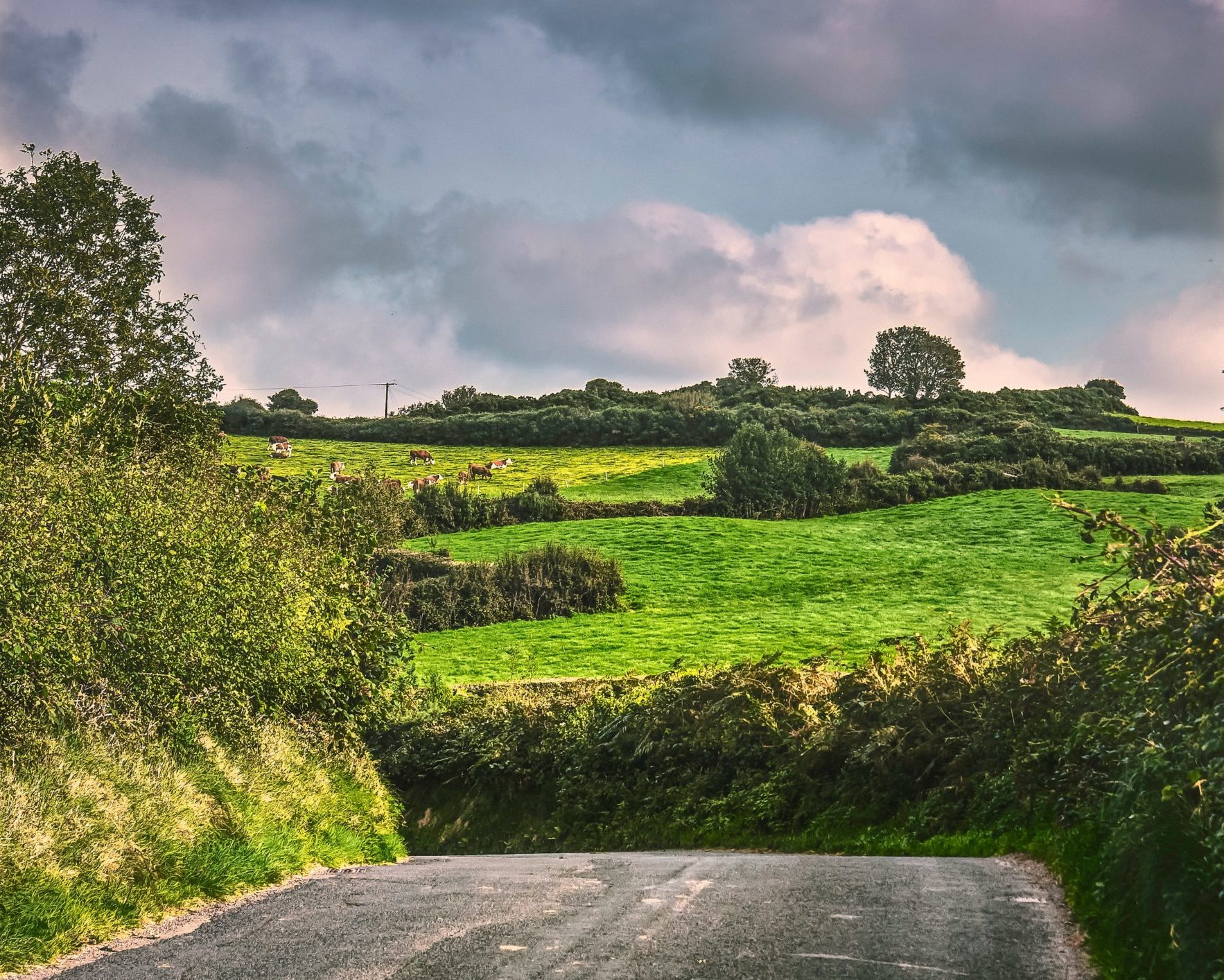The need for aspiring sustainable farming plans in Ireland

Environmental organisations warn that plans for sustainable agricultural development in Ireland lack clear targets and the ambition to tackle biodiversity and climate challenges. Oonagh Duggan, the head of advocacy at BirdWatch Ireland (BWI), explains that under 5% of the Common Agricultural Policy (CAP) budget in Ireland is set aside to support farmers in eliminating biodiversity loss, which inevitably places further pressure on farmland habitats.
The organisation discussed the finding at a meeting with the Oireachtas committee, highlighting the need for further efforts in transforming the Irish agricultural industry. Duggan explained in the meeting that the initial CAP plan for the next few years lacked clear measures to combat high methane emissions and little evidence of a strategy for investing in nitrogen reduction. The CAP measures will be brought to the Cabinet for confirmation before being passed onto Brussels for approval by the European Commission.
BirdWatch Ireland is pushing for additional support and action in generating funding for farmlands, particularly in high nature value areas and a clear shift away from intensive practises. A third of wild bee species are at threat of extinction, and over 80% of internationally critical habitats are in poor condition. Good water quality is vital for species and habitats, but we are experiencing a decline in water quality, and agriculture represents one of the main pressures on our water supply.
Farmers can opt to allocate 10% of their land for nature within a new eco scheme but have no requirement to enhance the quality of these habitats. Environmentalists are pushing for further ecological support to ensure farmers understand how to improve the quality of the habitats on their land.
While the latest Food Vision 2030 addresses some of the environmental challenges in agriculture, many ecological and biodiversity professionals believe it lacks the urgency required. Environmental professionals believe the agricultural industry is responsible for causing the most impact on biodiversity, emissions, water and air quality in Ireland. Industry experts believe the proposed measures fail to address the necessary changes.
Plans need to incorporate specific reductions in emissions and follow a structured timeline. The agricultural industry has to meet a target of reducing emissions of between 22 and 30% by 2030, and experts believe the CAP doesn’t clearly show how the sector will contribute effectively to this target.
Spotlight: The importance of hedgerows in Ireland
Hedgerows have been declining at an alarming rate, but due to rising recognition of their value, there is an accelerated call to protect and provide the necessary incentives for farmers to look after these habitats. The farm-carbon hedgerow project developed by Teagasc indicates that Irish hedgerows store 600,000 tonnes of carbon. This figure could expand to a million tonnes, according to group experts.
The higher predicted figures relate specifically to enhanced management and avoiding excessive cutting and removal. Over 60% of native birds feed or nest in hedgerows, and they provide a habitat for up to 800 flowering plants. Due to the significantly low forest cover in Ireland, hedges represent a critical role in managing the biodiversity of Ireland.
In theory, any planned removal of hedgerows that exceed 500 metres should proceed via an application with the Department of Agriculture. Analysts suggest that over 90% of plans are approved, and another study indicates a lack of environmental studies to investigate these proposals. The NGO, Hedgerows Ireland, highlights the need for improvements in the existing legislation and a critical review of the effective use of EIA measures. The group promotes new cap schemes that encourage and support good hedgerow management.